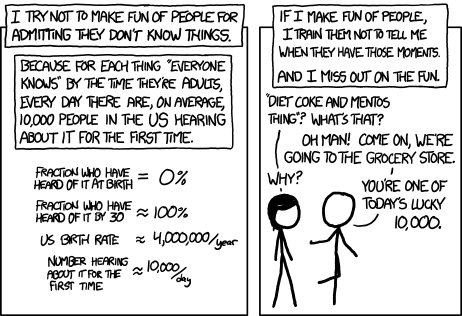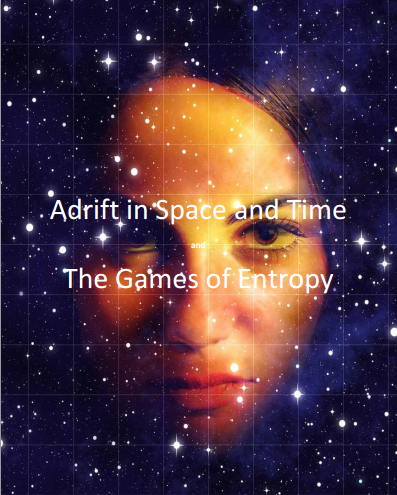The first two Sermons in this tale
have just been to prepare
this third one here, where we unveil
the gift of life we share…
The third Sermon is finished, giving me a complex mix of feelings of elation, relief and yearning for more. I am indebted to the friends who gave me critical feedback for it, especially Laila, Kami, Nikki, Viva and Raymond. Thank you a lot! Overall, this Sermon was much easier to write than the second one, as expected, because it tells a more relatable part of the story… but the extra challenge of finishing it in a single year compensated nicely for the reduced difficulty.
Now everything is changing: In a few weeks, my daughter will be born! How amazing is that! Looking forward to it, in this calm before the storm, my anticipation and excitement naturally inspire the process of starting on the fourth Sermon. Of course during the next few months, I will find very little (if any) time to write poetry. But the topic of the fourth Sermon lends itself quite nicely to description by someone very busy with loving care. Continue reading →

